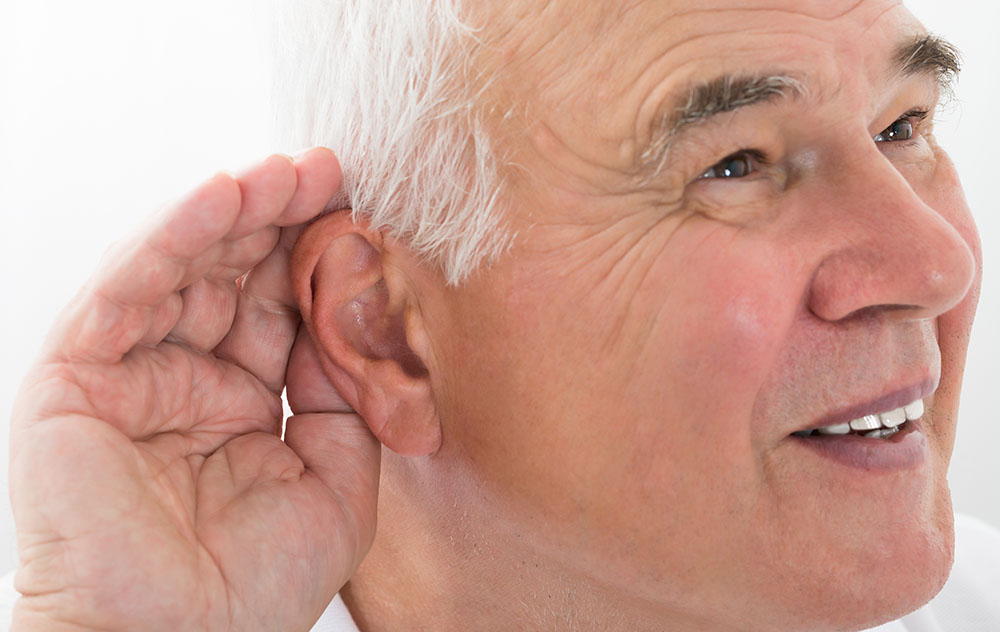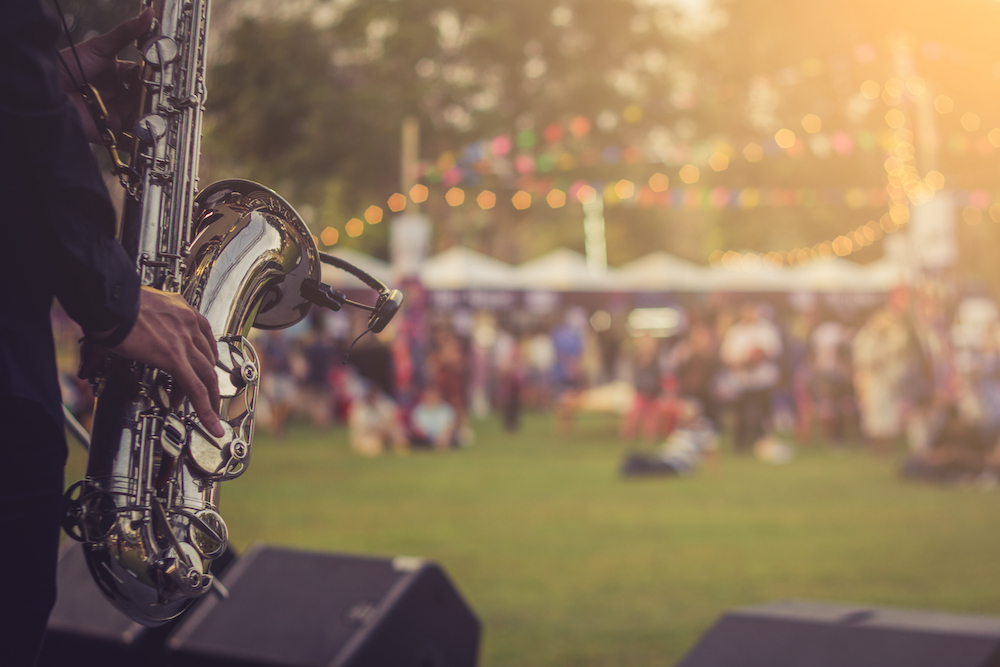Why Is There No Cure for Tinnitus?
Tinnitus is ringing or buzzing in the ears. Many people who experience

By: admin | May 12, 2020
Hearing loss affects over 50 million people in the United States alone. Unfortunately, many cases go undetected until the hearing loss becomes severe or profound. Regular hearing tests with an audiologist allow you to identify the issue far sooner, which can help you manage the condition in style. Nevertheless, prevention is the best form of protection and is the best way to keep your hearing in great health.
If you work in loud surroundings, there's very little you can do to stop the noise exposure altogether. Worse still, you could be exposed to those sounds for over 40 hours per week. Any sound over 85dB can be harmful, which means traffic, motorbikes and road drills are just some of the potential dangers.
When your ears are suitably protected through a combination of defense products and smarter habits, even the longer shifts will fail to cause problems.
The workplace isn't the only environment where you could be exposed to loud noises. Sports arenas, music gigs, fireworks display and a range of other situations can be equally problematic. Consequently, then, you must prepare yourself for those circumstances and wear the right noise-canceling equipment. Alternatively, you could consider enjoying another task.
The ears can be exposed to a range of loud sound sources over the course of a week. Go the extra mile to ensure that the negative impacts are limited and you should be fine.
Swimmer's ear is a regular complaint from people that spend a lot of time in the water. In fact, some individuals experience this sensation as a result of their showering habits. The moisture can cause infection to the growth of bacteria, which can bring long-term hearing loss as well as temporary issues. The damages can also impact the hair cells that carry sound waves.
Wear custom earplugs or other products that cover the ears when bathing or swimming,
Gently dry your ears using a towel and the dab technique after you've been in water.
One thing you must not do, however, is poke your ears with a Q-tip. Millions of people are guilty of doing it, but you must learn to avoid the problem at all costs.
Like the other parts of your body, the ears need a chance to rest and recuperate after they've been put under significant stress. The ears aren't any different, which is why you must pay attention to your habits as well as the actions taken following the most hazardous situations.
It's easier to help your ears recover after a short spell of noise exposure compared to handling the permanent repercussions of sound exposure.
Taking daily precautions at work and leisure can go a long way to reducing the strain on your ears and exposure to loud noises. However, it's important to gain a professional opinion from an audiologist. As well as identifying hearing loss and finding the right method of protection for you, the audiologist can help you through other ideas.
An audiologist provides you with the knowledge to help prevent and limit hearing loss at any age. To find out more, call Desert Hearing Care at (480) 374-1846 today.

Tinnitus is ringing or buzzing in the ears. Many people who experience
By: admin | May 18, 2022

Most people think that hearing loss is something you might naturally
By: admin | April 20, 2022

Hearing loss is a natural part of aging. However, many people will start
By: admin | March 7, 2022
